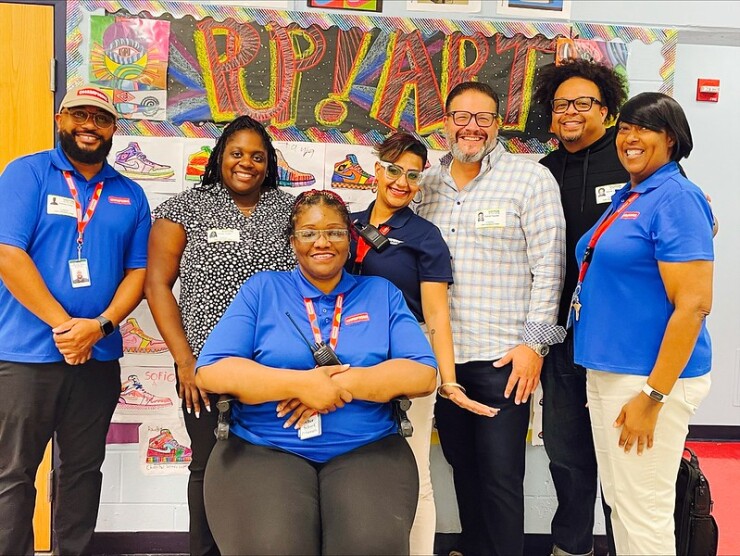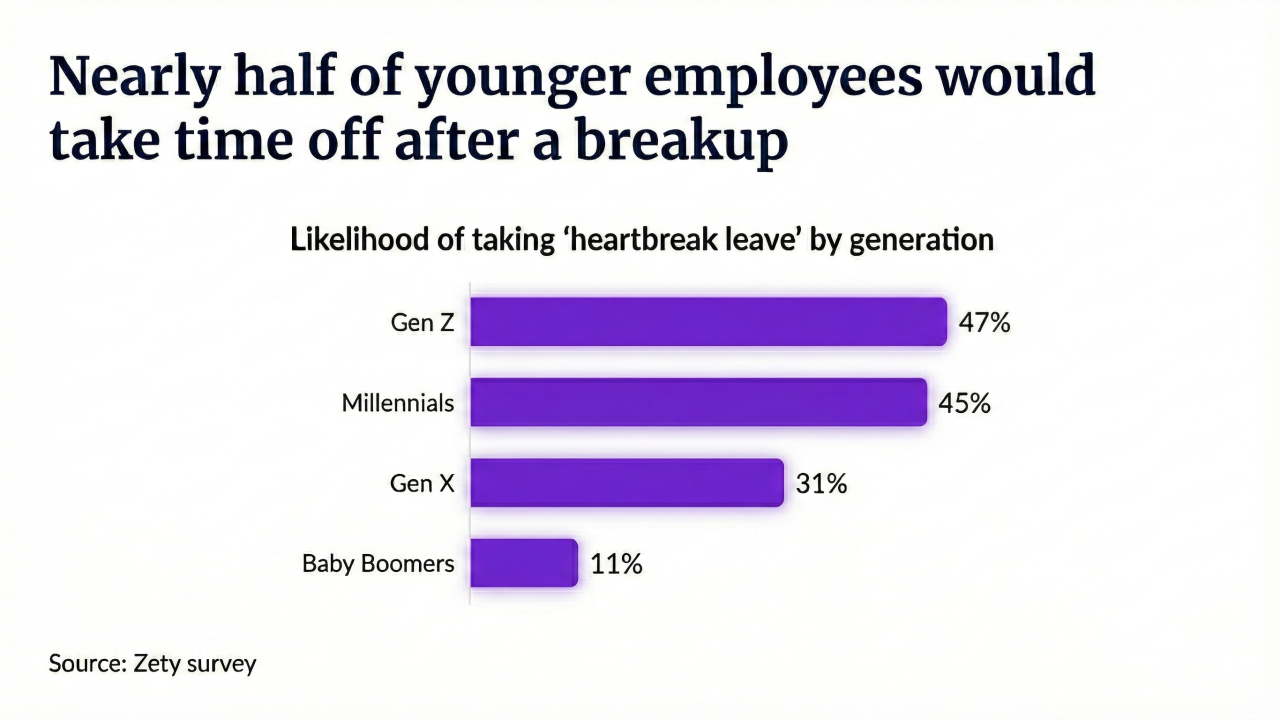Dan Figurski, an executive at early childhood
His efforts in the
Figurski's decades-long career in the education space eventually led him to accept a role with KinderCare in 2013, despite initially turning them down. But convinced he would be given ample opportunities to broaden his impact, he served as the VP of operations and is now president of KinderCare for Employers and the company's before- and after-school program, Champions.
"I love the work because it's directly working with families who are in need of child care," Figurski says. "It's a very big topic [that] seemed timely 10 years ago, [and] it seems even more timely now, as people return to work."
Read more:
Through their partnership with KinderCare, employer clients can offer various child care benefits to their employees including tuition assistance at any of the company's learning centers nationwide, access to on-site centers, backup care, priority access, before- and after-school care and summer programs.
"In order to be competitive, employers have to address this very specific issue," he says. "It's a benefit that's become as important as health care to some families; quite frankly, without it, many families can't return to work."
As a father of four, Figurski knows just how valuable top-quality child care is to working parents. He talks about cultivating a team that shares his passion for working families, and why child care benefits are a vital business investment.
How do you stay tuned in to the needs of your learning center employees and clients so centers can run successfully?
Learning about what's happening in the centers is most critical to me, so in the field with the actual families and our teachers is where I spend most of my time. I can do all the "presidential" work after hours and in virtual meetings.
Before I leave a center and move on to the next one, we make it a point to stop and talk to at least 5 to 10 families directly about their needs. We do the same thing for employers in terms of their needs and what they're looking at doing. Are they looking at retention as a key market? Are they asking people to come back to work?
And then we'll have that exact same conversation with teachers, and we just open the floor to say, how can we serve you? What are the challenges you're facing? That's where we find out what employers want, what families are looking for, and where teachers need a classroom.
Read more:
What's an example of helpful feedback you've received?
One of the things we've heard coming off of the pandemic is we have a lot more behavioral issues than we ever had before, and so what tools and resources can we build to help teachers with the behavioral issues that they're seeing? What can we do for mom and dad to help them with behaviors? We have a world class education team and inclusion services department that focuses just on that.

How would you describe your leadership style?
I'm a strong leader in culture. I think culture is a company's personality, and the way we portray our personality to the outer world, our clients and our families is really important.
There are three tenants in my mind: There's transparency — we always try to bring people closer to the work we're doing every day. [Second], I will never come into this situation and not ask you how you're doing. And if you go right to your financials, I'm like, no, how's your daughter? How's your dad? How are you doing? And if that's all we get to because you tell me, "Well, my mom's in the hospital," then that's our conversation for today. Your personal well-being is more important to me.
The last is I just ask you to be authentic. If you can be those three things, I know you'll fit right into the organization. I want to have diversity of opinions and thoughts. I want people who challenge my thinking. If we use those as our tenants and believe that inherently about each other, we create an environment of engagement that is sustainable, and where people feel like they can say what they feel.
I've had people that unfortunately left because they were going to make more money, who called me three months later and go, "Everything you said about the organization, the culture you have there, is true, and I'm not sure the money's worth it, because no one's asked me how my daughter is doing. No one asked me if I have the tools and resources to do my job."
I truly believe that people work for people. I can say a lot of things, but how I treat them and how I make them feel is far more important than what I'm saying to them. You have to build culture to have sustainability. And when you build a great culture and find great people, you have great engagement, and you will see sustainability over a longer period.
Read more:
Why is quality child care such a valuable benefit to offer employees?
Not only are families looking for care, they're looking for equal footing with everyone else in terms of their child having equal access to a great, high- quality education. That can happen through KinderCare. We've seen a fundamental switch in how employers are looking at this as a pure benefit for employees. [Now, it's,] "How do we help? How do we provide accessibility to workers?"
On the employee side, we see higher engagement. We see people staying longer in their current role, and we see employers having to reduce their time to hire and recruit staff, because when you say, "I have a child care benefit," working parents perk up. It might not touch every employee — we get that everyone doesn't have kids — but for the people it does touch, it is a highly-impactful benefit.






